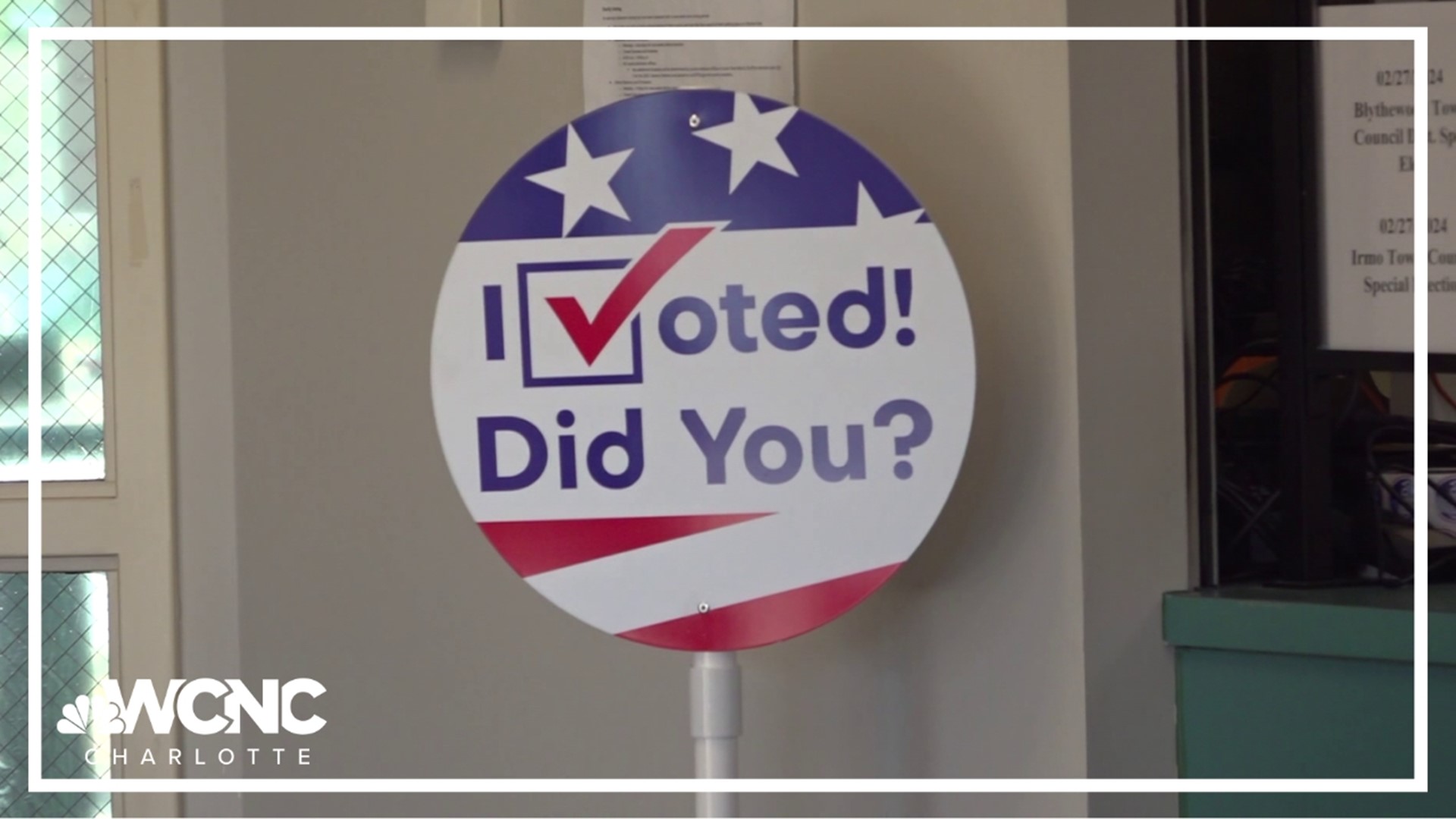COLUMBIA, S.C. — A record number of women are vying for state house seats in the upcoming primary election. 26 women are running for the Senate, while 63 are contesting for seats in the House of Representatives.
“I’m so encouraged by all the women who are running," said Representative Beth Bernstein who was elected in 2012.
Bernstein recalled her entry into office more than a decade ago when women comprised just 10 percent of the legislature.
"When I was first elected, most of the bills we dealt with were related to hunting and fishing," Rep. Bernstein said.
Fast forward to today, where a record-breaking 89 women are running for state house seats.
Sara Ballard, Chief Operating Officer for South Carolina Women in Leadership (WIL), attributed this surge to women's increasing desire to have their perspectives heard.
"Women win at the same rates as men when they run; it's just that they are frequently not recruited or asked to run," Ballard said.
Despite the surge in female candidates, only 27 out of 170 senators and House members in South Carolina are women. According to the Center for American Women and Politics, South Carolina ranks among states with the fewest women in the legislature, trailing only behind West Virginia, Tennessee, and Mississippi.
“Right now, the leadership and our government, both elected and appointed, does not accurately represent the population of our state,” said Ballard.
Senator Sandy Senn, a Republican from Charleston County, stressed the urgency of having more women in legislative positions to ensure diverse perspectives are represented in policymaking.
“We're not ever going to become anywhere near equal, if we don't at least have women putting their foot forward and saying 'I can do this',” said Senn.
One of the driving issues pushing women towards political participation, according to Bernstein and Senn, is access to abortion services.
“They're seeing that laws that we're making are not in the best interest of women and women's issues. And so I think that's galvanizing and encouraging women to serve,” said Bernstein.
Apart from reproductive rights, female candidates are also advocating for a range of issues, such as removing sales tax on period products and protecting in vitro fertilization (IVF) procedures.
Senn notably sponsored a bill allowing cosmetologists to offer services in mobile studios or homes.
“I want us to focus more on the needs -- the true needs -- of the state, and stay out of personal lives,” said Senn.
Ballard said WIL holds sessions like presenting yourself in person and in the media, building your campaign team and lead like a woman.
“Women have traditionally been told that characteristics like empathy and altruism and compassion and collaboration are weaknesses, but those are the exact characteristics that we need in our leaders. We need to work across the aisle to find solutions to move South Carolina forward,” said Ballard.

